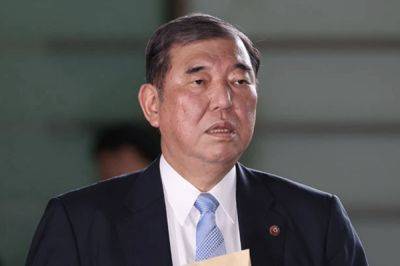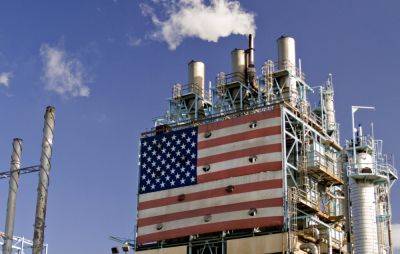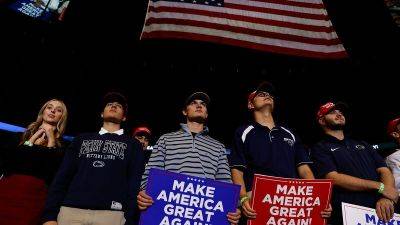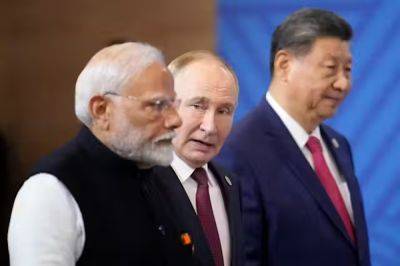Trump’s tariffs didn’t work last time – and wouldn’t likely now
Donald Trump loves tariffs. Making things more expensive if they come from foreign countries is at the heart of his bid for a second term in the White House.
“Tariffs are the greatest thing ever invented,” he said in September 2024 at a town hall event in Michigan. And he has promised that if he becomes US president again, he will impose an across-the-board tariff of up to 20% on imports – and even 200% on cars from Mexico – in a bid to encourage American manufacturing.
This is familiar ground for Trump, who showed he was fond of tariffs during his 2017-2021 presidency. Back then, he claimed his policy would address the trade imbalance with China, bring manufacturing jobs back to the US and raise revenues.
Tariffs were then imposed on a wide range of goods, from imported steel and aluminum to solar panels and washing machines.
But did they work? Our research suggests not.
In fact, we found that imposing tariffs actually made the US even more reliant on foreign suppliers – and failed to stimulate the domestic job market. They also raised costs for US consumers and provoked retaliatory tariffs from trading partners including China, the EU, Canada, Mexico, India and Turkey.
China for example, responded by trebling tariffs on American cars. The EU filed a dispute with the World Trade Organization and substantially raised tariffs on US exports including Harley Davidson motorcycles, jeans and bourbon whiskey.
And Trump’s tariffs did not lead to a boost for US manufacturing either. After tariffs were imposed, our research shows US manufacturing supply chains evolved to have fewer suppliers – but it was often US firms that got forced out of those supply chains, not their competitors from overseas.
We found that US manufacturers







